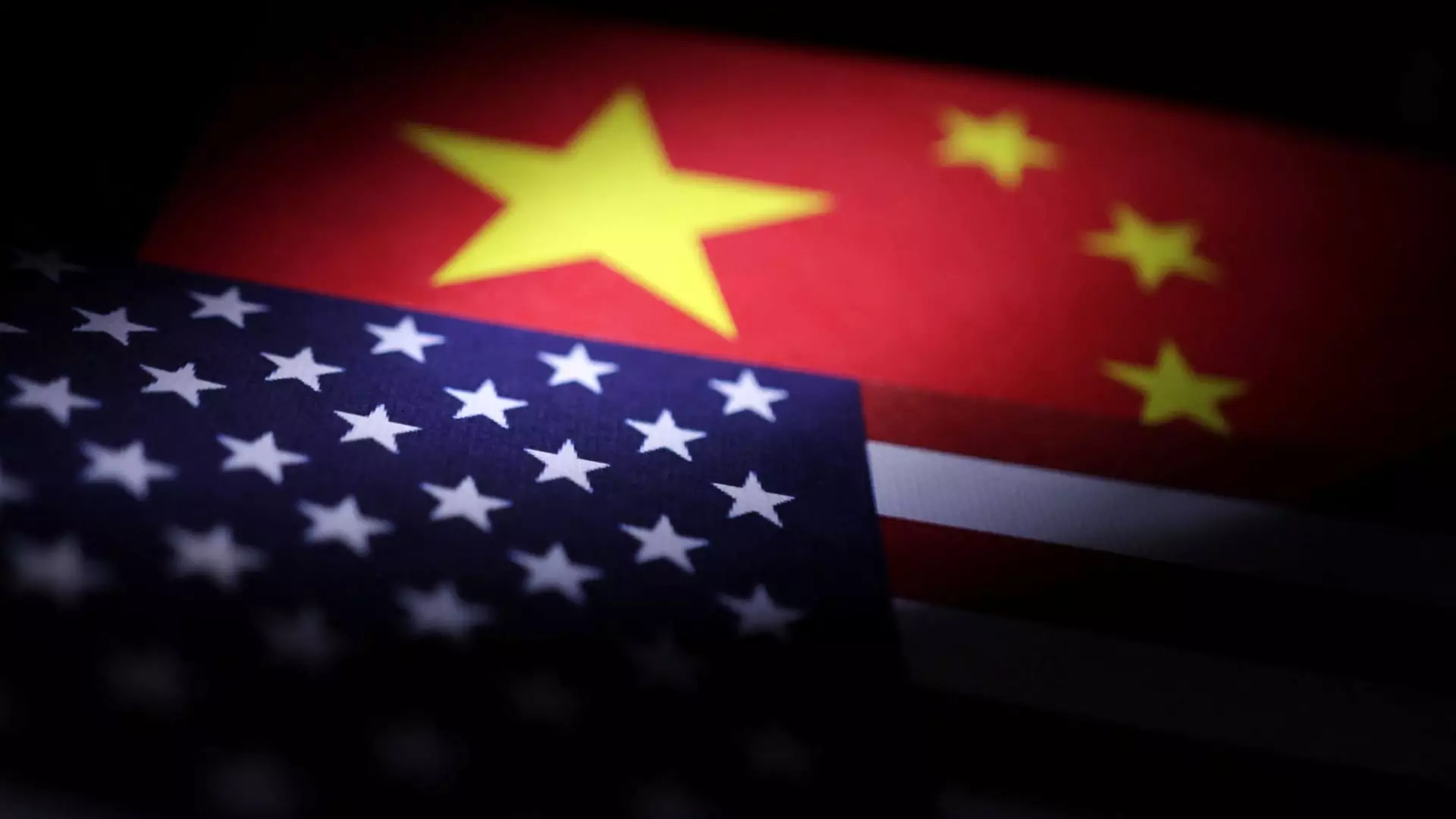For those keeping a close watch on global affairs, the escalating trade tension between the U.S. and China is no longer just a bilateral issue; it’s a stark warning to nations worldwide about the fragility of international trade agreements. China has made it crystal clear: retaliation is on the horizon for any country that aligns itself with American trade policies that jeopardize Beijing’s interests. This isn’t simply tough talk; it’s indicative of the rising stakes in what can only be termed as economic warfare. In an era where tariffs act more as political weapons than economic strategies, it’s crucial to recognize the ramifications of escalating this conflict.
America’s Aggressive Stance: A Double-Edged Sword
The Trump administration’s aggressive tactics to pressure allies into distancing themselves from China are, albeit a short-term strategy, a dangerous game. The U.S. has momentarily stalled major tariffs on certain nations while instead raising duties on Chinese imports up to a staggering 145%. This may seem like a tactical win. However, with countries caught in the crossfire, the outcome can be detrimental. By forcing partners to choose sides, the U.S. is playing a hazardous game of isolationism disguised as patriotism, convincing itself that trade security comes through bullying rather than diplomacy.
China’s Diplomatic Maneuvering
Russia may want to watch out, but China is certainly on the move – diplomatically, at least. President Xi Jinping’s recent travels to Southeast Asia are no accident; they are a calculated step to reinforce allegiances in the face of American hostility. By gathering support from regional partners against what he calls “unilateral bullying,” Xi presents China as the champion of fair trade. Yet, the irony lies in the fact that while China advocates for international cooperation, it simultaneously enforces retaliation measures and export restrictions that whisper threats to its own trading partners.
The “Law of the Jungle”: Implications for Global Trade
When nations like China unleash terms like “law of the jungle” concerning trade practices, it encapsulates the potential unraveling of the established international trading system. Perhaps lost in the noise of tariffs and countermeasures is the broader impact on smaller nations that rely on stable trade relationships. If countries are compelled to pick sides, then capital flight, shifting trade alliances, and economic instability could ensue, raising the specter of a new era defined by competition rather than collaboration.
A Battle with No Clear Endgame
Despite the talk of reconciliation and potential agreements, the current trajectory suggests that a quick resolution is unlikely. With China’s newest appointment of negotiator Li Chenggang, the focus seems less about dialogue and more about consolidation of power in trade negotiations. As the situation continues to unfold, analysts foresee a prolonged conflict that could redefine global economic landscapes for years to come. The stakes are high, and this battle has become less about trade and more about national prestige and geopolitical dominance.
In looking ahead, it is essential to view these developments not just as news headlines but as critical signals of what an unbridled trade war portends for the future of international relations. The ground is shifting, and nations must tread carefully in this increasingly hostile environment.

